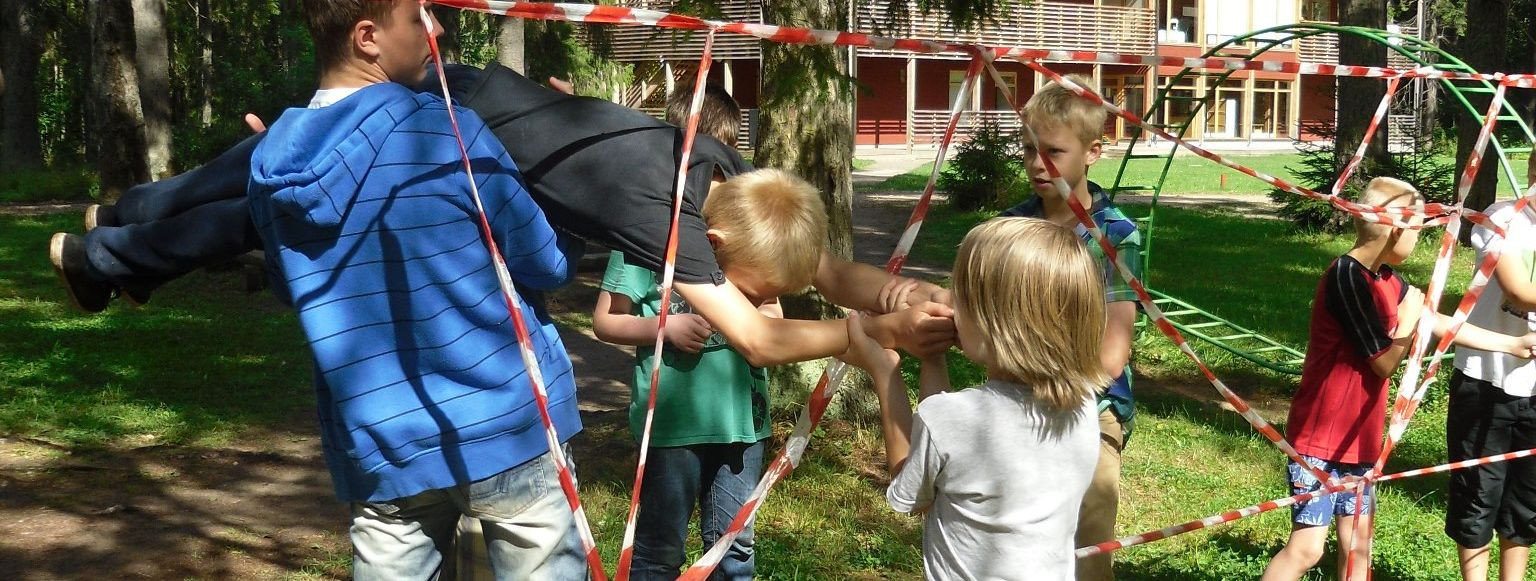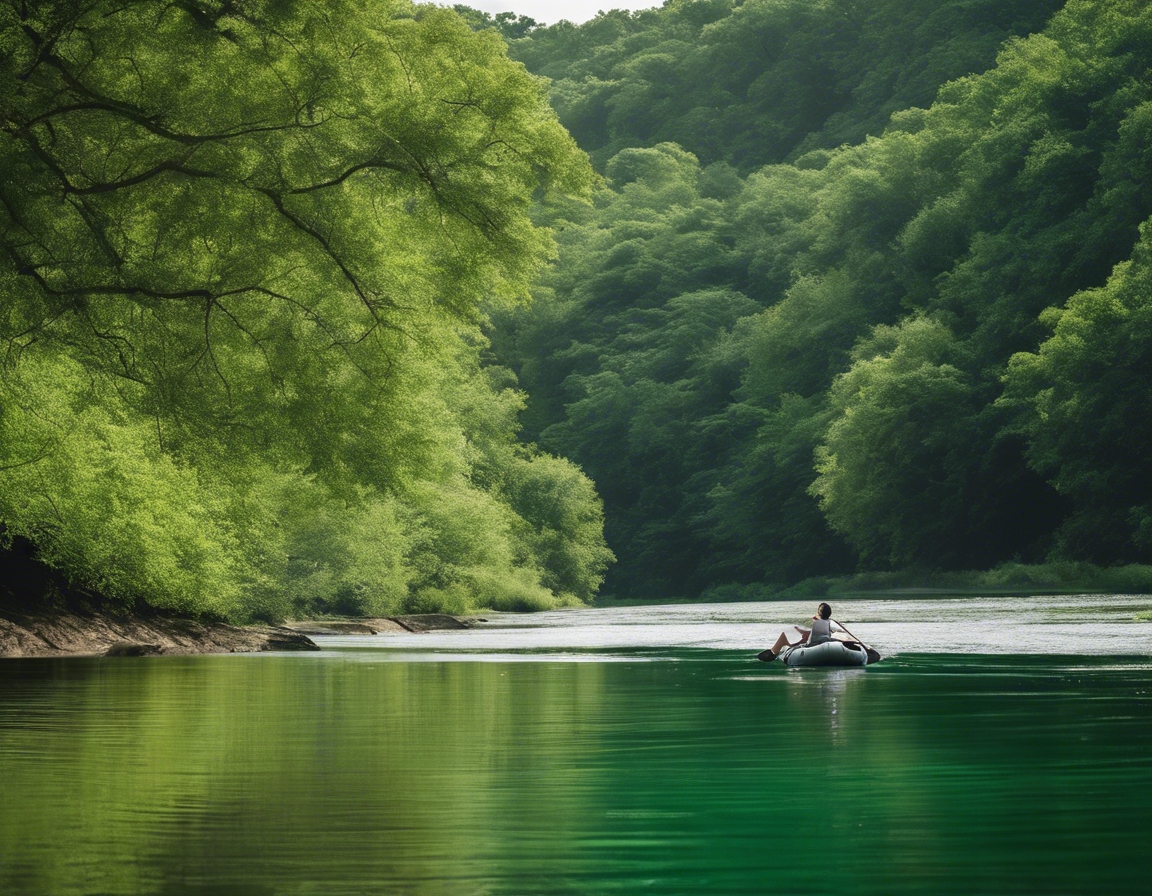How outdoor activities enhance children's education
Outdoor activities offer a dynamic and enriching environment for children's education, providing a diverse range of benefits that extend far beyond the traditional classroom setting. Engaging with nature and participating in physical activities outdoors can significantly enhance a child's cognitive, emotional, and social development.
Nature serves as a vast, interactive classroom, offering endless opportunities for discovery, creativity, and exploration. The natural world stimulates curiosity and inspires a sense of wonder, which are fundamental to the learning process.
Physical play in outdoor settings is crucial for children's health and development. It improves motor skills, coordination, and overall physical fitness, while also offering a fun way to learn and engage with peers.
Core Educational Advantages of Outdoor Activities
Outdoor learning environments challenge children to think critically and solve problems in real-world contexts. This hands-on approach to education fosters deeper understanding and retention of knowledge.
Outdoor activities provide a platform for children to build confidence, manage stress, and develop resilience. They also encourage social interaction and cooperation, essential skills for personal and academic success.
Experiencing nature firsthand cultivates a strong sense of environmental stewardship in children. Learning about ecosystems and sustainability outdoors instills a lifelong commitment to protecting our planet.
Outdoor Activities as a Tool for Experiential Learning
Experiential learning through outdoor activities allows children to apply theoretical knowledge in practical situations. This method of learning by doing makes education tangible and memorable.
Challenges encountered during outdoor activities require children to use critical thinking and problem-solving skills. These experiences prepare them for complex tasks and decision-making in their future academic and professional lives.
Outdoor group activities foster leadership qualities and teamwork. Children learn to collaborate, communicate effectively, and lead by example, which are invaluable skills in all areas of life.
Incorporating Outdoor Activities into the Curriculum
Incorporating outdoor activities into the curriculum can make traditional subjects like science, history, and geography more engaging and relevant. Nature-based lessons provide context and depth to classroom learning.
Specialized outdoor education programs and camps, such as those offered by TAEVASKOJA TURISMI- JA PUHKEKESKUS OÜ, provide structured opportunities for children to learn and grow in natural settings. These programs are designed to complement school curricula and offer unique learning experiences.
Community projects and initiatives that involve outdoor activities can enhance children's sense of belonging and civic responsibility. Participating in community gardens, clean-up efforts, or conservation projects provides practical lessons in teamwork and community service.






Comments (0)